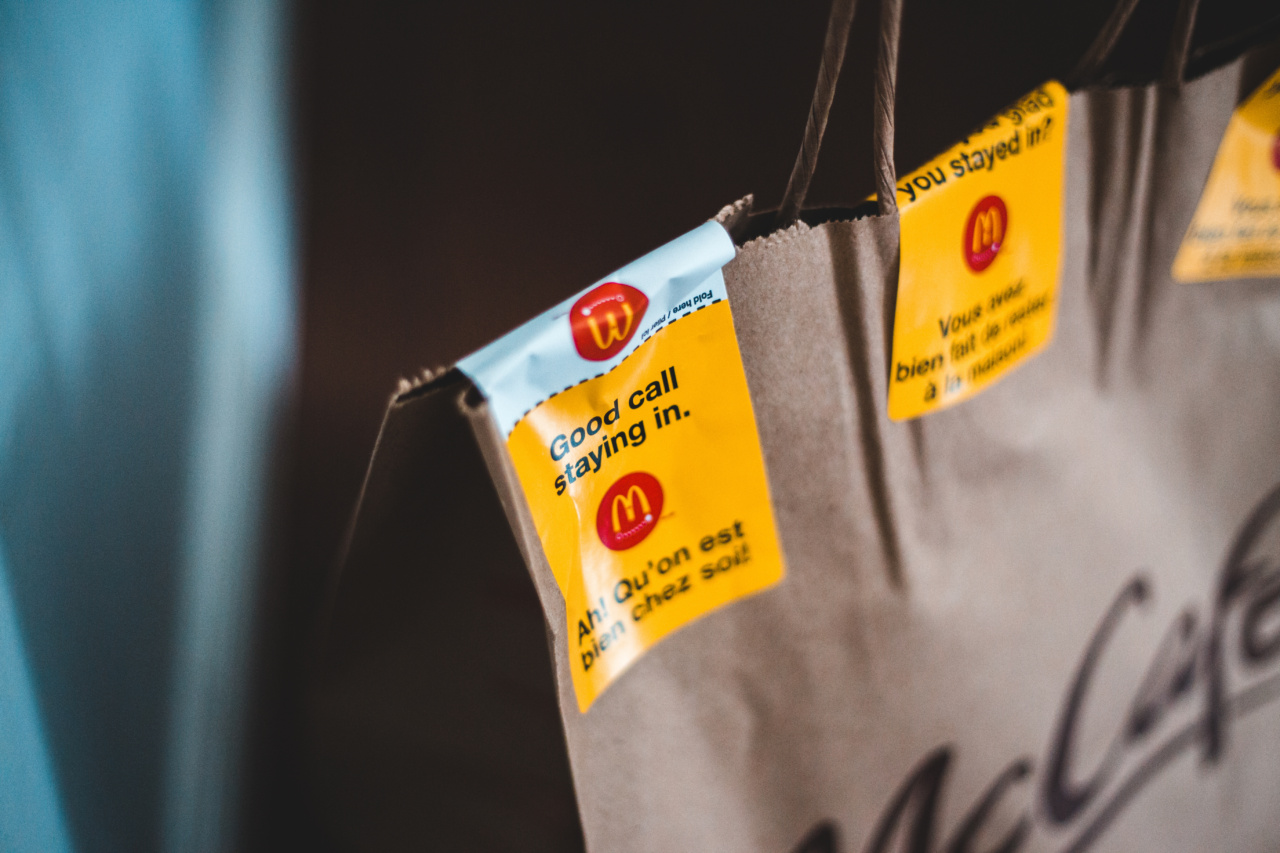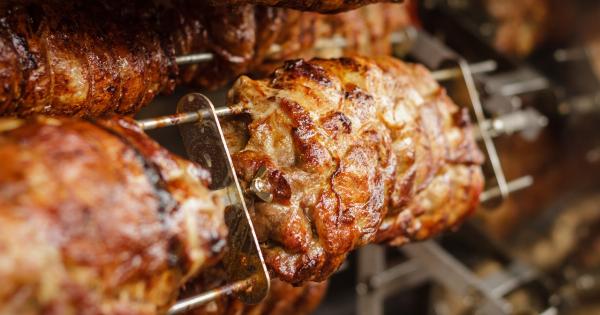With food being such a prominent part of our daily lives, it’s no wonder that many people struggle with food addiction. Food addiction can be a serious problem that affects not only physical health but also mental and emotional well-being.
If you suspect that you or someone you know may be dealing with food addiction, it’s essential to take the time to assess the situation.
Understanding Food Addiction
Food addiction is a form of behavioral addiction that involves the compulsive consumption of certain foods, often high in sugar, fat, and salt.
Just like other addictions, food addiction can lead to negative consequences and impact various aspects of life. Identifying the signs of food addiction is the first step towards seeking help and finding a healthier relationship with food.
The Food Addiction Test
Below are six common signs that may indicate the presence of food addiction. Answer these questions honestly, and keep track of how many statements apply to you or the person you are concerned about.
1. Unable to Stop Eating
Do you find it difficult to stop eating certain foods, even when you’re no longer hungry?.
If you constantly struggle with overeating or find it impossible to resist the urge to consume specific foods, it may be a sign of food addiction. Regularly feeling out of control when it comes to food is a cause for concern.
2. Emotional Eating
Do you often use food to cope with emotional distress, such as stress, sadness, or anxiety?.
Using food as a way to self-soothe or manage emotions is a common behavior among those with food addiction. If you notice a pattern of turning to food for comfort rather than dealing with emotional issues directly, it may signify an addiction.
3. Withdrawal Symptoms
Have you experienced withdrawal symptoms when attempting to cut back on certain foods or stop eating them altogether?.
Withdrawal symptoms, such as irritability, mood swings, cravings, or physical discomfort when trying to cut back on specific foods, can indicate a dependency.
These symptoms are similar to those experienced by individuals addicted to substances like drugs or alcohol.
4. Loss of Control
Do you often consume larger quantities of food than you intended, even when you’re not physically hungry?.
Losing control over food intake is a significant red flag for food addiction. Binge eating, feeling powerless to stop eating, or frequently eating more than planned are indications that your relationship with food may be problematic.
5. Preoccupation with Food
Do you spend a significant amount of time thinking about food, planning future meals, or feeling anxious about food-related decisions?.
Constantly obsessing over food, planning meals excessively, or feeling anxious about what and when you’ll eat next can be signs of a food addiction.
The preoccupation with food takes up mental space and can interfere with daily activities and overall well-being.
6. Negative Impact on Life
Has your addiction to food started to affect your relationships, work, social life, or overall health?.
Food addiction often leads to negative consequences. It can strain relationships, hinder productivity at work, isolate individuals, and lead to various health issues like obesity, heart disease, or diabetes.
If you notice that your addiction to food is negatively impacting your life, it’s crucial to seek help.
Interpreting Your Results
Count the number of statements that you answered “yes” to in the Food Addiction Test. The results can help determine the likelihood of having a food addiction:.
0-1 Yes: It’s unlikely that you have a food addiction.
2-3 Yes: There is a possibility of mild food addiction. Consider seeking guidance to address your relationship with food.
4-6 Yes: It’s likely that you have a significant food addiction. It’s strongly recommended to seek professional help and support to overcome this addiction.
Seeking Help for Food Addiction
If you suspect that you or someone you know may be struggling with food addiction, it’s essential to reach out for support.
Consider consulting with a healthcare professional or seeking guidance from a registered dietitian or therapist specialized in addiction and disordered eating.
Remember, having a healthy relationship with food is crucial for overall well-being. Food should be enjoyed, but not at the expense of physical or mental health.
With the right support and strategies, it is possible to overcome food addiction and develop healthier habits.























